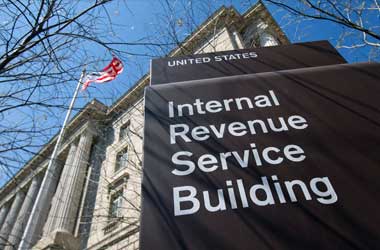
One of the main advantages of using cryptocurrencies is that it is hard to track by the authorities.
This has made it difficult in the past for the Internal Revenue Service (IRS) to collect the right amount of taxes on Americans who use cryptocurrencies.
However, it appears that the IRS has come up with a way to track crypto transactions. Crypto asset holders received an unpleasant surprise recently as they received a letter of warning from the IRS.
The essence of the message was that the crypto holders needed to report their crypto on their tax forms or face consequences.
Surprise Warning
According to reports more than 10,000 individuals were recipients of this warning letter from the IRS. Each letter had specific information about the recipient and all of them asked the concerned individuals to sign statements that they were properly declaring all of their assets under US tax laws.
IRS Commissioner Chuck Rettig has warned taxpayers that these letters should be taken seriously. This is mostly because the IRS is taking steps to expand its efforts into virtual currencies. The IRS has already tapped crypto tax company Sean Ryan to create working groups on how to find potential tax evaders in the crypto environment.
During the last two years, there have been numerous signs that the IRS has been serious about taxing cryptocurrencies. The most notable incident was back in 2017 when Coinbase, one of the biggest wallets and exchanges in the US, was ordered by the court to turn over account records for 13,000 users. The warning letters may actually be a direct result of this data.
Those who received these letters will note that the IRS wants them to declare their taxes willingly and not cover things up or else they will face strict consequences when the IRS gets involved with their accounts.
Reliable Data To Look Into
Coinbase records may not be the only source of info used by the IRS. For several years now, cryptocurrency exchanges that are based and operate in the US have been asked to keep track of trading data of their users for tax purposes. The IRS could have used this info to draw up this list of more than 10k names.
The IRS is also part of the Joint Chiefs of Global Tax Enforcement (J5) Group. This group was mainly formed to look into crypto-related financial crimes. This includes money-laundering and other financial crimes. Data from the J5 Group will also help the IRS target individuals who are suspected of evading their taxes.
The letters could be the final push for crypto holders to start posting their gains for tax purposes. In 2018, the number of crypto holders who reported their gains was pretty low. However, with the IRS being more vigilant in 2019, one can expect some of these crypto holders to be scared into complying.




